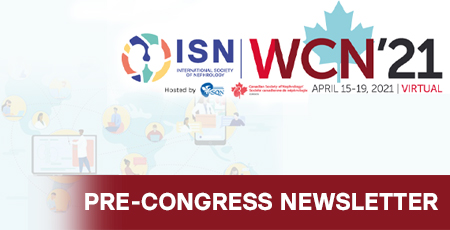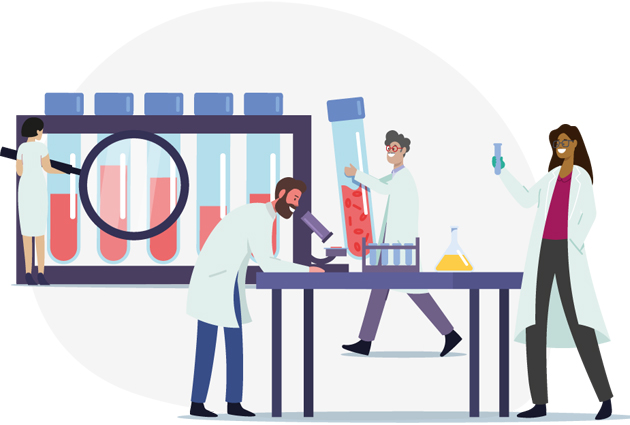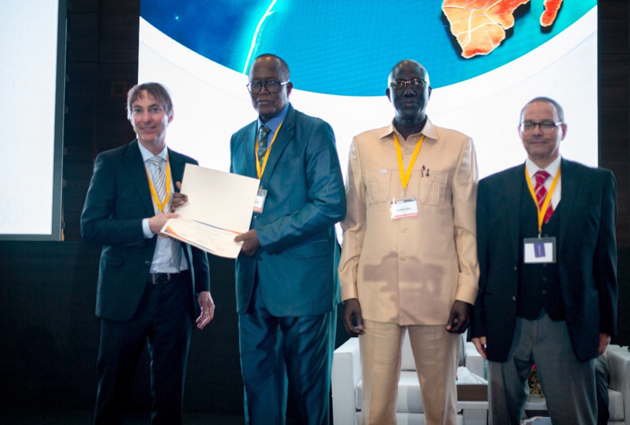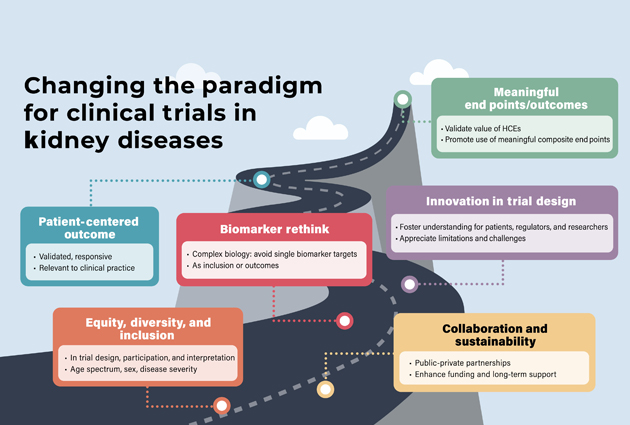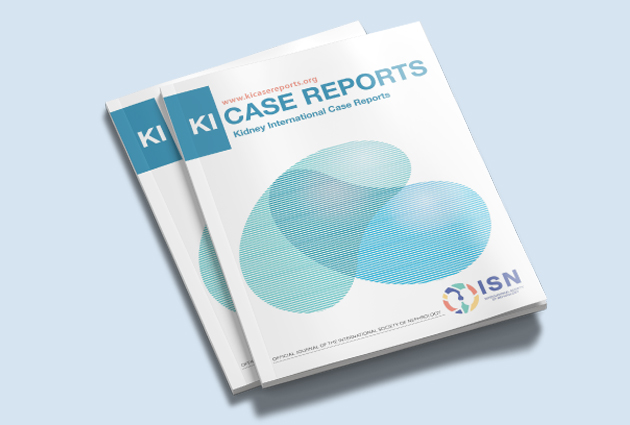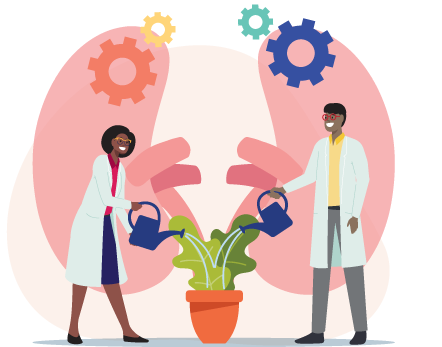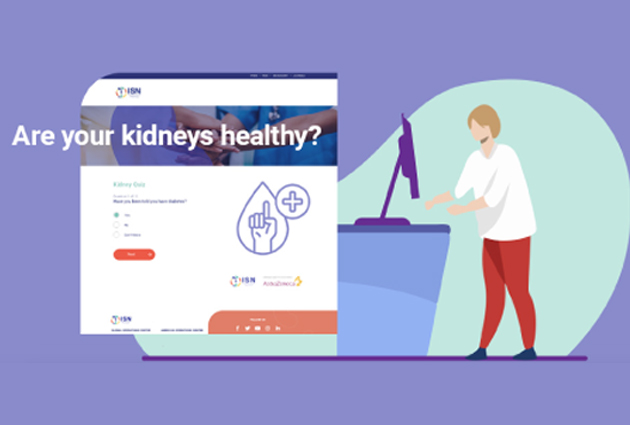Understanding the potential and limitations of AI and deep learning

“Deep learning and artificial intelligence have enormous potential to benefit humanity through medical and biological applications,” says Professor Yoshua Bengio, one of the world’s leading experts in AI and a pioneer in deep learning.
However, at WCN’21, he will highlight the need to address ethical issues and create efficient systems for collecting, managing, and sharing data and the importance of understanding and taking into account the limits of AI technology.
“Since modern AI needs enough data to acquire knowledge about a topic, the collection, management and sharing of data has become crucial, especially in medical applications, because of privacy concerns and a mismatch between the established protocols for acquiring and sharing medical data with researchers on the one hand, and the needs of AI deployment on the other,” says Prof. Bengio, from the Université de Montréal and founder and scientific director of Mila, the Quebec Artificial Intelligence Institute.
“Deep learning has mostly been successful in what may be called system 1 tasks such as low-level perception, in particular, computer vision, as opposed to system 2 tasks like reasoning and planning. This has given rise to a flurry of deep learning applications in analyzing medical images, from histology to cancer cell detection and COVID-19 diagnostics.”
Prof. Bengio says that although AI has become better at dealing with natural language so that unstructured data, such as doctors’ reports, can be used as input, AI still does not have the contextual understanding of natural language that humans have.
“It is also important to understand the limitations of the current state-of-the-art with deep learning. Performance is degraded when a model trained in one context is applied to another, for instance, in different hospitals or countries. Specialization in a single task does not enable an understanding of the larger picture, which humans have. As yet, AI systems are unable to reason well, for instance, by recombining known pieces of information in novel ways. They can capture statistical dependencies but are still weak at capturing causal dependencies. And finally, they are unable to understand human beings at the psychological, social and moral levels. Bearing these things in mind, medical practitioners should not blindly trust recommendations made by any system. They need to understand the accuracy, weaknesses and strengths of these systems.”
He concludes: “Innovation in health sciences, as in other areas, is slowed and hampered by inherent properties of our current economic rules. However, I believe it is possible to accelerate progress through government regulations and incentives; for example, by favoring open science and data sharing under the right conditions while maintaining healthy competition and financial rewards for for-profit and non-profit organizations contributing to medical science and technology. With the growing importance of data for AI-driven progress, this becomes an important element to consider.”
Professor Yoshua Bengio: “Deep learning for health sciences.” Theme symposium on How to achieve equitable, inclusive and ethical AI development and implementation
Monday 19 April, 14.00-15.00 hrs Montréal (Canada) time

